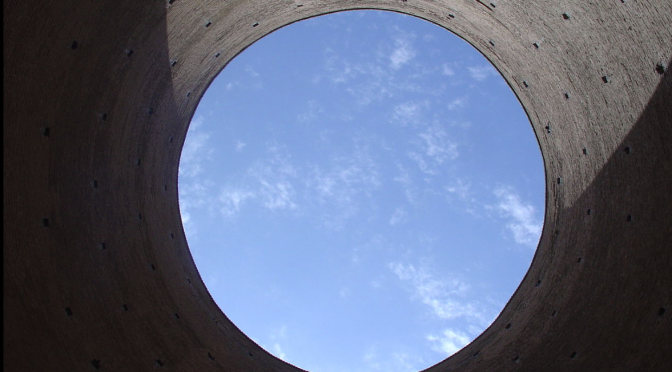I’m looking back at the long, sustainability story of our farm and I see that we have come full circle.
When we started out, the objective was to farm and then, with the proceeds, eventually own land. At the time, we didn’t have any money and there wasn’t any land available, it was before the sugar plantations closed down, but we just kept on going and that was always our objective: to own land.
It’s what made us adapt and make change happen, all along the way, so we’d always be in the position we needed to be in 10 years later. We have always been comfortable with change, and it’s easy for us now. We like it and it’s a part of who we are.
The main reason we shut down the farm is that we saw what was coming. We knew the cost of farming was rising, rising, rising, and that in order to survive, at some point we would have to start cutting our employees’ pay and benefits.
The rise in farming costs was happening for external reasons, not due to any fault of our own. We were doing the best we could for our workers, but as hard as we’d tried over the years, we knew that eventually we’d be looked at as the bad guy for having to make cuts. And we didn’t want that. It just wasn’t an option to let ourselves get into that situation. That had a lot to do with why we closed the farm.
While we were in the process of closing down, this medical marijuana option came up. One of the most important conditions I placed on getting involved in applying for a medical marijuana license was that my workers get first shot at the new jobs.
So now, 30 years later, here we are. We own land, and though we shut down the banana operation, we still have a lot going on. It’s not like one day we closed and rode off into the sunset. It’s not the end, but a transition.
I want to make sure we are using the soil and land in a sustainable way. We have already signed leases with farmers to do some crop rotation. What we want to do is run one crop, then follow it with another crop and then possibly a third, and keep that going.
Once you get into that rotation, it’s sustainable. You’re not decreasing your soil. You rarely see that in Hawai‘i, though, for many reasons. If your business scale isn’t big enough to rotate, and if your market is not large enough, you cannot rotate your crops. But I can do this because we own the land.
If you’re trying to squeeze every last penny out of a deal, it might not be the most efficient move. In the long run it is, though, because it’s sustainable farming.
We did something different for our last banana harvest. Instead of leaving all the tall banana bunches, we used cane knives during the last harvest and chopped them all down. So by the time we got to the very last one, they were all down. We just harvested our last bananas about two or three weeks ago, and we already have the sweet potato farmer in there preparing the land.
We didn’t have to cut down the banana bunches like that. We could have just left them, because the lease says, “as is.” But it allowed us to keep our people employed as long as possible. They wanted to work until the last day, instead of leaving and getting unemployment. Shoot, you want to work? I’ll pay you.
It turns out we did a lot of work we could have left for, and passed onto, the next company, but I did that deliberately. I did it both to employ my workers as long as possible and also because now it’s easier for the new farmers to come in and start their rotation. There’s less material that needs to deteriorate. It’s about getting to a point so when we transition to the rotating crops, it’s continuous.
Full circle, but not the end.


I hope you get the medical marijuana license!
Good story. I like the logic wrapped up in your strategy for sustainable growth. Got a friend in Texas and couple in Europe who do very well with the “right” crop rotations. It’s also very good for the soil. Best of luck…